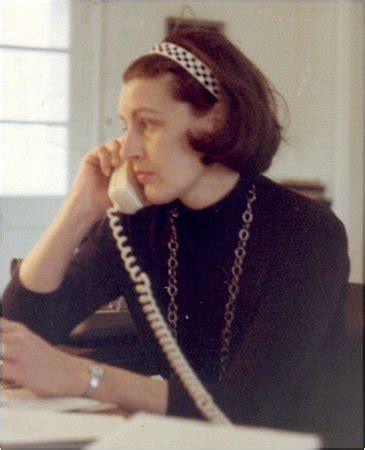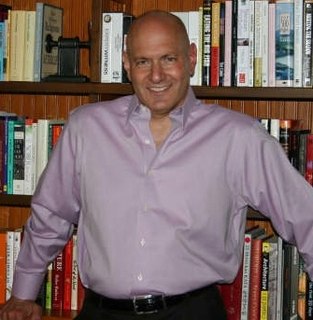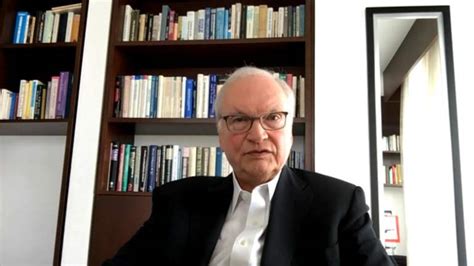A Quote by Judith Orloff
People who feel the need to push and control tend to keep their feelings bottled up. As a result, they get shut down or remote, and their feelings come out in twisted, unhealthy ways. They become irritable, passive-aggressive, or volatile, for example. Surrendered people make great lovers. They can be spontaneous and playful. They love to feel and express all of their emotions. They look vibrant, healthy, and energetic.
Quote Topics
Aggressive
Be Spontaneous
Become
Bottled
Come
Control
Down
Emotions
Energetic
Example
Express
Feel
Feelings
For Example
Get
Great
Great Love
Great Lovers
Healthy
Keep
Look
Love
Lovers
Make
Need
Out
Passive
People
Playful
Push
Remote
Result
Shut
Spontaneous
Tend
Twisted
Unhealthy
Up
Vibrant
Volatile
Ways
Related Quotes
I know our feelings can be so unbearable that we employ ingenious strategies – unconscious strategies – to keep those feelings away. We do a feelings-swap, where we avoid feeling sad or lonely or afraid or inadequate, and feel angry instead. It can work the other way, too – sometimes you do need to feel angry, not inadequate; sometimes you do need to feel love and acceptance, and not the tragic drama of your life. It takes courage to feel the feeling – and not trade it on the feelings-exchange, or even transfer it altogether to another person.
We won't let ourselves feel our anger, rage, and pain. We push it down or anesthetize it through drugs, alcohol, shopping, or whatever we do in order not to feel it. When that memory and the associated feelings get lodged down there in our soul, the feelings are still there. They don't just magically go away. We have to give ourselves the opportunity to feel them.
People are afraid of themselves, of their own reality; their feelings most of all. People talk about how great love is, but that's bullshit. Love hurts. Feelings are disturbing. People are taught that pain is evil and dangerous. How can they deal with love if they're afraid to feel? Pain is meant to wake us up. People try to hide their pain. But they're wrong. Pain is something to carry, like a radio. You feel your strength in the experience of pain. It's all in how you carry it.
No matter who we are, no matter what our circumstances, our feelings and emotions are universal. And music has always been a great way to make people aware of that connection. It can help you open up a part of yourself and express feelings you didn't know you were feeling. It's risky to let that happen. But it's a risk you have to take-because only then will you find you're not alone.
... social roles vary in the extent to which it is culturally permissible to express ambivalence or negative feelings toward them.Ambivalence can be admitted most readily toward those roles that are optional, least where they are considered primary. Thus men repress negative feelings toward work and feel freer to express negative feelings toward leisure, sex and marriage, while women are free to express negative feelings toward work but tend to repress them toward family roles.
I'm fascinated by the ways in which people express themselves, because their responses are often counter to what they're actually feeling. Like when they're frightened, they tend to freeze. When they're angry, it doesn't always come out as volume. There are wonderful contradictions in the way that people express their emotions.
Abuse manipulates and twists a child's natural sense of trust and love. Her innocent feelings are belittled or mocked and she learns to ignore her feelings. She can't afford to feel the full range of feelings in her body while she's being abused-pain, outrage, hate, vengeance, confusion, arousal. So she short-circuits them and goes numb. For many children, any expression of feelings, even a single tear, is cause for more severe abuse. Again, the only recourse is to shut down. Feelings go underground.
Love is one of the most intense feelings felt by man; another is hate. Forcing yourself to feel indiscriminate love is very unnatural. If you try to love everyone you only lessen your feelings for those who deserve your love. Repressed hatred can lead to many physical and emotional aliments. By learning to release your hatred towards those who deserve it, you cleanse yourself of these malignant emotions and need not take your pent-up hatred out on your loved ones.
































